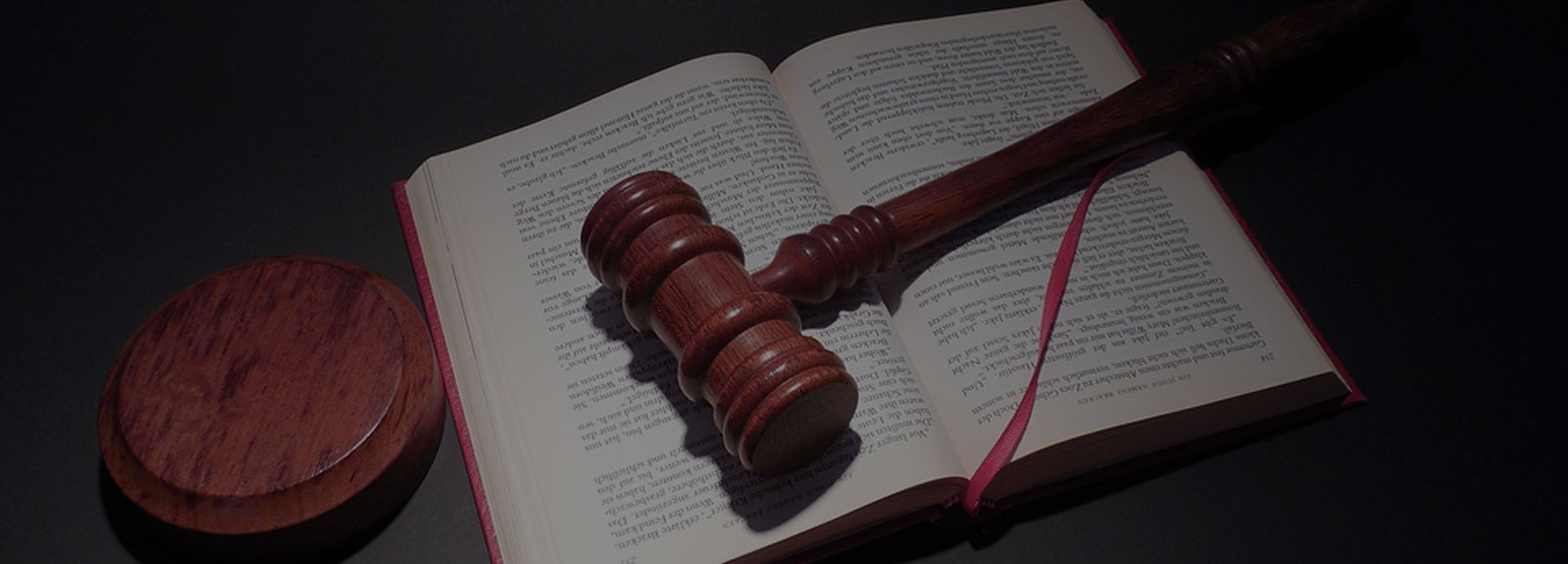19 Dec Student Loans and Bankruptcy Discharge
If you are filing for bankruptcy you have already heard that they are virtually impossible to discharge. This is true the standard the courts have set for discharge of these types of loans is undue hardship. I have read a number of the cases that attempt to explain what undue hardship means, and I would say it is a very high standard. This means that once you take our student loans your only current option is to pay back the entire amount of the loan with interest over the course of your lifetime.
The lenders who issue these loans has no incentive to work with debtors who owe these loans or negotiate any reasonable settlement, because the only risk they face in not getting paid the loan is if the borrower passes away, or if the borrower refuses to pay based on lack of income. If the borrower refuses to pay most lenders will then get a judgement and garnish wages, bank accounts or tax returns. This means that your options are limited once you sign up for student loans. The solution to this may be to allow discharge of some student loans in bankruptcy. This creates a situation where the lenders would have more incentive in working out settlements with debtors to avoid having some of their debt wiped out in bankruptcy.
Debtors are able to settle virtually any other type of loan. In a debt settlement both sides give up something and both sides get something in return. This is how an effective system operates so that each side has an incentive to resolve a debt. The system in place with student loans takes away a lenders incentive to settle, and creates an imbalance in negotiating power between the lender and debtor. This imbalance is created through legislation that prohibits (or greatly restricts) the discharge of student loan debt in bankruptcy. The questions is why does the government feel the need to exempt student loan debt from the same standards as other forms of debt. The government even allows some tax debts to be discharged, but not student loans. The probable answer is the government subsidizes student loans and does not want to pay if some of that debt is discharged. The issue is that right now the people who pay for the current system are the debtors. The only way to change the current imbalance in leverage between lenders and debtors is to get Congress to act to change the law regarding discharge of student loans. If you would like more information you can also visit our homepage at www.bolinskelaw.com.


No Comments